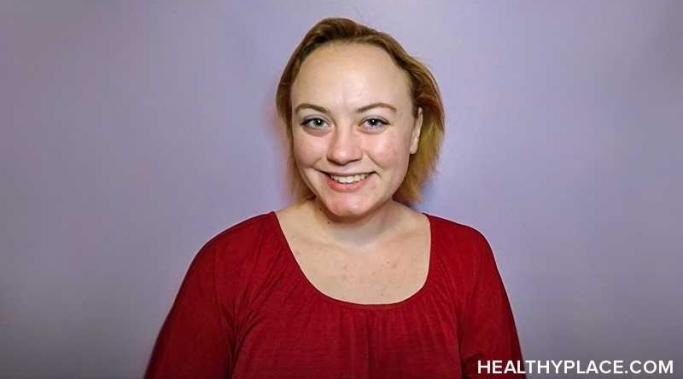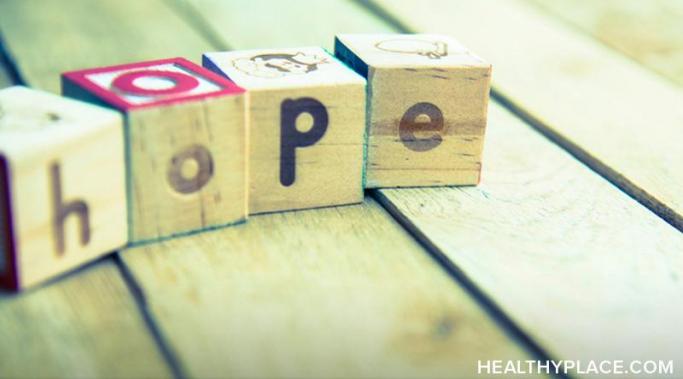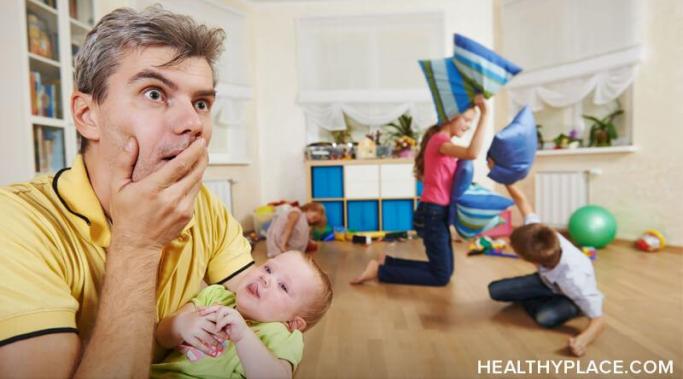I’m Megan Griffith and I’m a new blogger for "Recovering from Mental Illness," a topic I’m finally learning to embrace after five years of running in circles around my mental health struggles. I was diagnosed with bipolar disorder type II in 2014, but in the last year, my mental health team and I have decided that diagnosis was incorrect. However, no new diagnosis has been made yet, so for now, I’m learning how to recover on my own terms.
Recovery Videos
My psychosis story is a huge part of my life. I have experienced hallucinations for as long as I can remember. As a teenager and young adult, finding explanations for what I was seeing and hearing became my quest.
I love being a mental health worker in Toledo, but I see our city named on all sorts of lists: "most stressed-out cities," "high violent crime rates," and even "least-livable cities."
My diagnosis validates my experience and makes my mental illness feel real. Schizoaffective disorder accurately describes my symptoms. I wanted a name and to know it can be treated.
Doctors do not diagnose most mental illness in childhood. I wasn't diagnosed with schizoaffective disorder until my early 20s. While the diagnosis made sense to me, it came as a surprise to many of my loved ones. I believe there were signs growing up that could have indicated that I would develop a mental illness, we just didn’t realize it until I was stable and on medication. There were signs of my mental illness in childhood.
Finding a job with mental illness is more enjoyable when you look for the right job for you. Working can really enhance your recovery from mental illness. A job not only provides income; it also gives you a routine and sense of purpose. Early in my recovery, I worked part-time to get back on my feet. Later, when I was ready, I chose to work full time. For the past 11 years, I’ve had two jobs, both at mental health agencies.
I've been parenting with a mental illness for a while now. My daughter just turned two years old, and people are asking if we’ll have another baby. There are so many stressful things about pregnancy and parenting when you have a mental illness. We have a lot to think about – even the second time around (Should People with Mental Illness Have Children?).
The motivation for recovery from mental illness depends on the individual, so it is important to find reasons in your life to stay motivated. Recovery can be a long and bumpy road, but those reasons will give your journey purpose. Setting goals can give you something to look forward to and keep your life moving forward. Here are some of the reasons I stay motivated in recovery from mental illness.
Schizoaffective disorder recovery helped me gain confidence, but first, recovery took away a gift I thought made me special. Before my diagnosis in my early 20s, when I was really struggling, I thought that I was a medium and could communicate with spirits. I had both auditory and visual hallucinations that I thought were ghosts. Letting go of the belief I was psychic in early schizoaffective disorder recovery hurt my confidence.
Have you considered using the Family Medical Leave Act (FMLA) to help your mental health recovery? Many people with mental illnesses are employed, but working with a mental illness can be challenging. Stress can cause symptoms to break through, and there may be times when you need time off. Would your supervisor be supportive? Could you apply for benefits under the FMLA to help your mental illness recovery?









